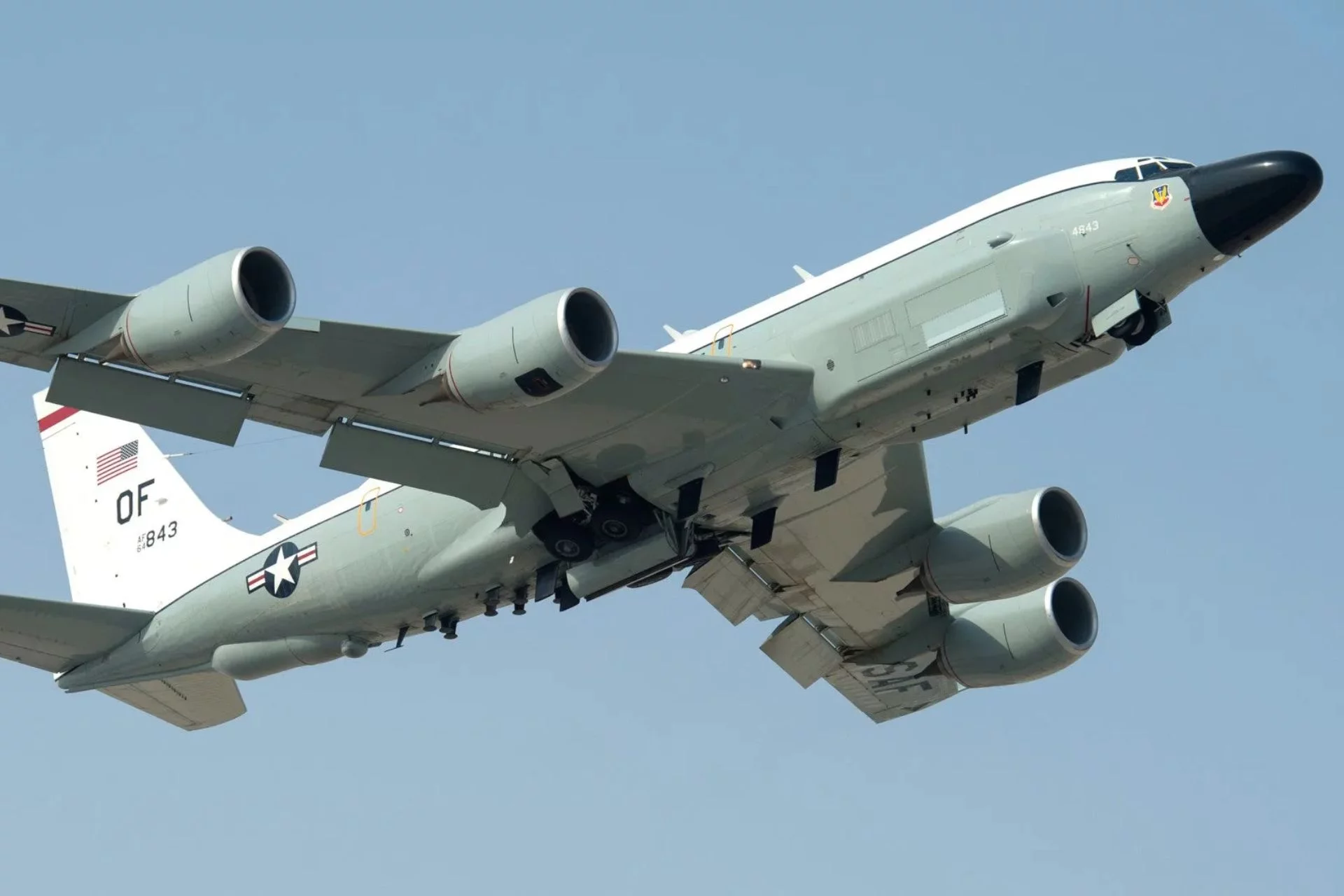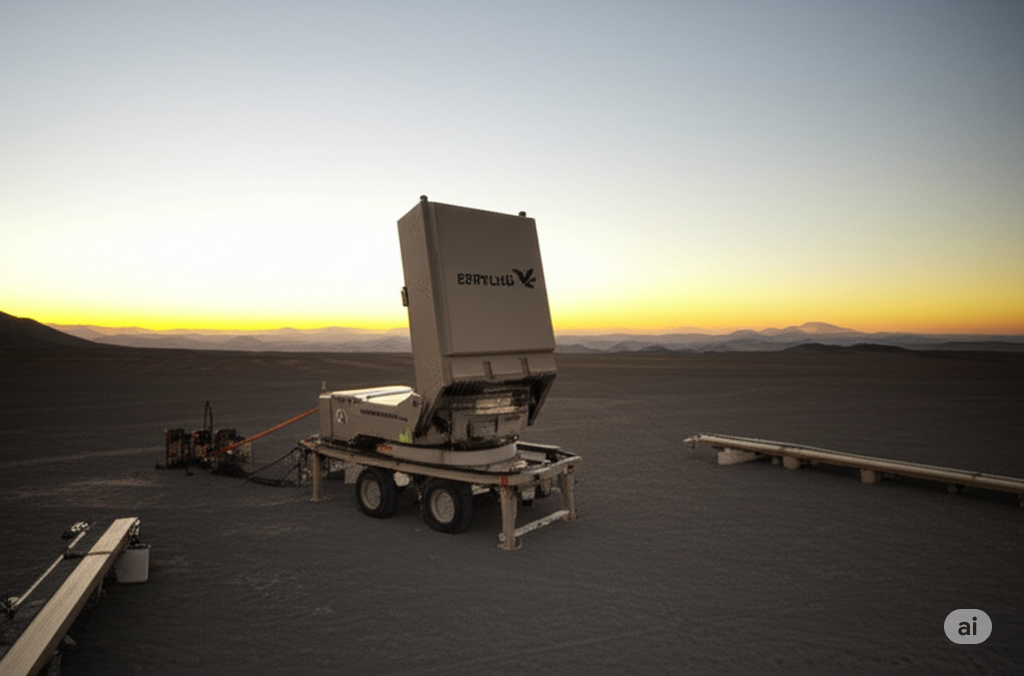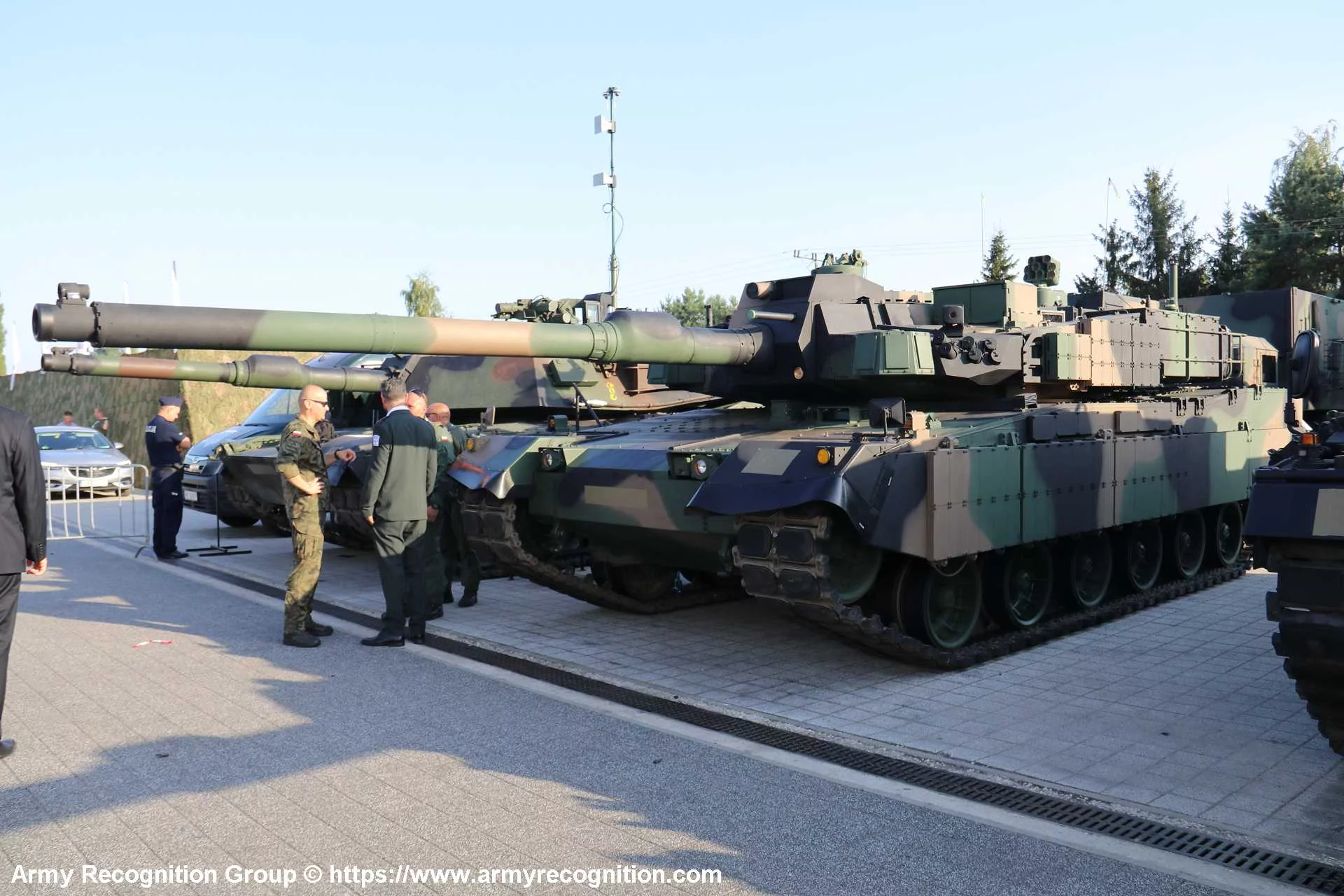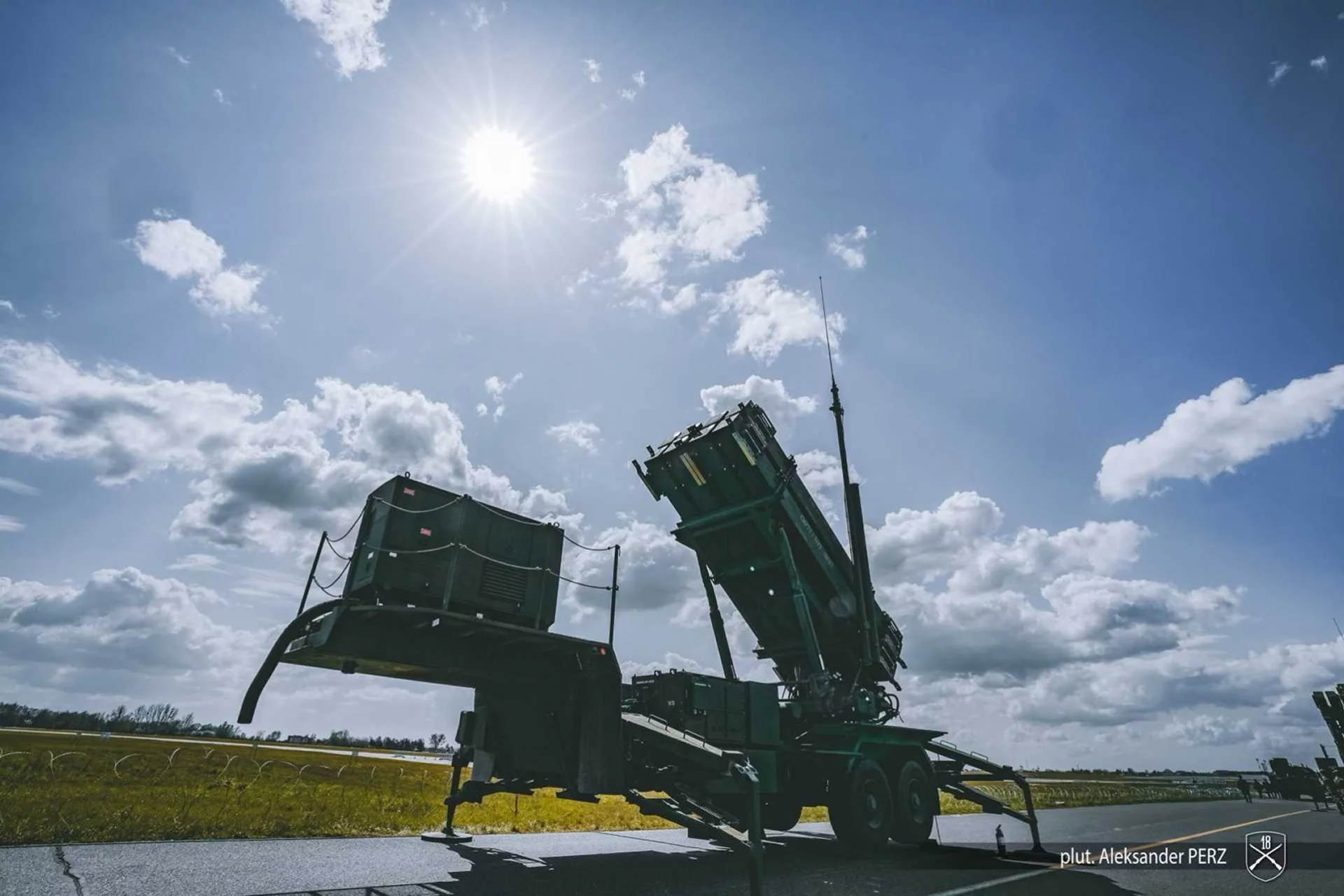On September 15, 2025, Venezuela’s Defense Ministry issued a bold statement accusing U.S. military aircraft of illegally entering its airspace, intensifying already strained relations between Washington and Caracas. The alleged incursions, reported over Venezuela’s northern coast, involved advanced U.S. reconnaissance planes, which Venezuelan officials claim were conducting espionage operations. This provocative move comes amid heightened regional tensions and follows recent U.S. military activities in the Indo-Pacific, signaling a broader escalation in global defense posturing.
The Venezuelan government alleges that U.S. spy aircraft, likely operating from bases in the Caribbean or nearby allied nations, violated its sovereign airspace multiple times in recent weeks. According to Caracas, these flights were detected by Venezuela’s air defense systems, including Russian-supplied S-300 missile batteries and radar networks. President Nicolás Maduro condemned the actions as “imperialist provocations” aimed at destabilizing the region, vowing a “firm response” to protect national sovereignty. No specific details on the aircraft types or exact dates were provided, but sources suggest involvement of U.S. Navy P-8 Poseidon or Air Force RC-135 Rivet Joint platforms, known for intelligence-gathering capabilities.
The U.S. Department of Defense has yet to officially respond, but Pentagon sources anonymously dismissed the claims as “exaggerated,” asserting that U.S. aircraft operate in international airspace in accordance with global norms. The U.S. has long accused Venezuela of supporting illicit activities, including drug trafficking and ties to non-state actors, which Washington cites as justification for increased surveillance in the region. This incident follows a pattern of U.S. reconnaissance operations near contested areas, including recent deployments of advanced military assets like the Typhon missile system in Japan.
Venezuela’s accusations are set against a backdrop of deteriorating diplomatic ties. The Biden administration’s sanctions on Venezuela’s oil and financial sectors have crippled its economy, fueling anti-American sentiment. Meanwhile, Venezuela has deepened military ties with Russia and China, receiving advanced weaponry and conducting joint exercises. In 2024, Russian naval vessels docked in Venezuelan ports, a move seen as a counter to U.S. influence in the Western Hemisphere. Caracas also claims the U.S. is leveraging its regional allies, such as Colombia and Guyana, to encircle Venezuela, particularly amid disputes over the Essequibo region.
The military implications are significant. Venezuela’s air defense network, though aging, includes potent systems capable of tracking and potentially engaging high-altitude aircraft. The S-300, with a range of up to 200 kilometers, poses a credible threat to reconnaissance missions if tensions escalate further. On the U.S. side, advanced electronic warfare capabilities on platforms like the RC-135 could complicate Venezuelan detection efforts, creating a high-stakes game of cat-and-mouse in the skies.
Geopolitically, this incident risks inflaming an already volatile region. Venezuela’s alignment with Russia and China places it at odds with U.S. strategic interests, while domestic unrest and economic collapse add pressure on Maduro’s regime to project strength. The U.S., meanwhile, faces the challenge of balancing its regional security operations with the risk of escalation. Analysts warn that a miscalculation—such as an intercepted aircraft or a Venezuelan attempt to enforce its airspace—could spiral into a broader conflict.
This developing story underscores the growing divide between the U.S. and Venezuela, with potential ripple effects across Latin America and beyond. As both sides dig in, the international community watches closely, wary of a new flashpoint in an already tense global security landscape.




